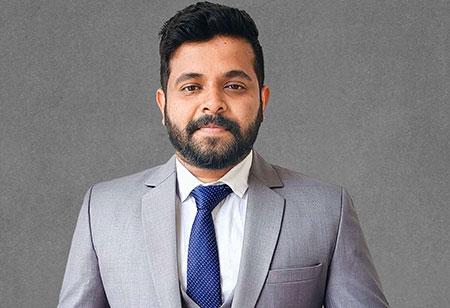
'Skilling' is Everyone's Responsibility


Sujith Vasudevan, Managing Editor, 0
This makes getting on board a chief learning officer (CLO) paramount. However, the pandemic brought a new twist to this paradigm, adding another dimension to the organizational learning challenges in the form of hybrid work culture. A recent Gartner poll shows that around 48 percent of employees will likely work at least part of the time remotely after COVID-19 versus 30 percent before the pandemic. This brings its own challenges to learning and development in every organization. The CLOs need to create new strategies to ensure learning and development continuity. Peer-to-peer learning has traditionally allowed employees to work through new concepts and share ideas with their peers working on the same project. CLOs are responsible for compensating for the shortcomings in peer-to-peer learning in the modern day hybrid landscape. Microlearning, gamification, spaced repetition, and mobile learning are some of the learning and development trends currently delivering outstanding results in employee engagement and learning. They have to conceive that if IT was merely a facilitation infrastructure a few years ago, it has now transformed into a cornerstone that enables business and even day to day operations continuity.